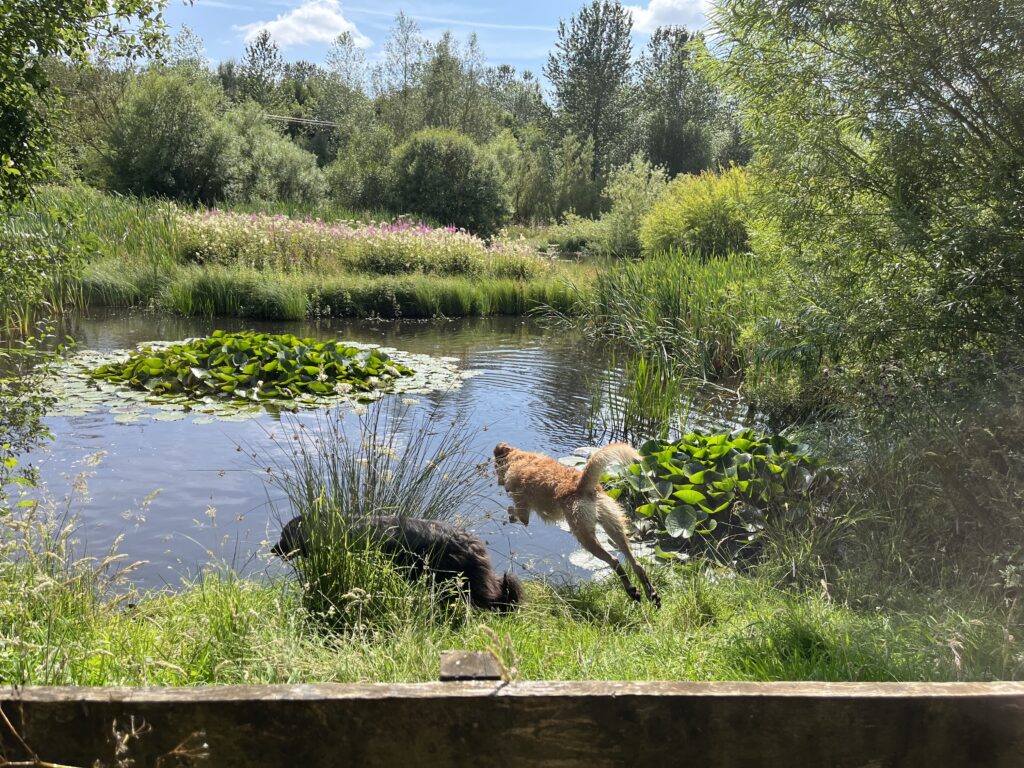As homeschoolers, are we depriving our children of school place experience – of ‘coping’ with the school environment? This is what I’m told. Or are we humbly allowing our children resilience? Parents are provided with ever increasing free childcare hours for increasingly younger children. Since it’s free and available, and highly popular, it surely is the best thing, the most advantageous experience for our little tiny professionals – this will surely prepare them for life and the work place? Everyone is doing it…
Shout out to the nursery teachers – I have had the pleasure of engaging with some of the best (in my opinion!) Of course I think very highly of some of the nurseries I’ve experience, and over the last 10 years I have put my children into nursery for varying hours, if with varying success. I have experienced some particularly caring nursery teachers in the work place, and my children have enjoyed some adventure filled mornings with these individuals.
So what are the experiences our children are learning in nursery, the first building block of the ‘curriculum of excellence’? Are our children learning the same values as their parents, or are we teaching them state derived values, and the most politically correct version of things. How honest are we being when we’re being politically correct? How willing is ‘political correctness’ to take an honest look at the hard questions? How many values truly stand up in political correctness?
Let’s take for example the value of the family. Left to the state, how many of us feel that a child’s home education, learning family values, empathy, interdependence, and moral values such as kindess, faith, love, truth and loyalty is considered acceptable today in society? Certainly not acceptable, and certainly not politically correct to ‘deprive’ the children of the full educational experience and ‘coping skills’ they learn in school. But the question of teaching our children to ‘cope’ with school in itself might that be an admission that all is not goodness and light. What are our children required to ‘cope’ with that prepares them so fully for resilient adult life? Now, of course it must be said, as always, that I fully appreciate the benefits of school for many children (though I would argue over the age of, deep breath, 7). However, I’m not writing on their behalf – they are clearly sorted. As always I’m writing from my own experience, as myself, as a mother, and as someone who feels a lot of empathy towards the people who struggle with school system, or who have opted out of mainstream public education. And for these people I have observed that a therapeutic dose of mainstream education and socialising is far less than the typical 5 days a week. In fact, that would very much be an overdose, where overexposure is in fact counter productive, and in some cases, highly damaging. I don’t exaggerate – the long term effects of bullying, low self-esteem, anxiety and depression are often never overcome, even and especially in adulthood.
The header picture is of my dogs, one jumping headlong into a lochan, and the other carefully exploring and discovering in the periphery. I would never take the second dog by the scruff and throw him in the water, in the hope of desensitising him to the water. Common sense would tell us what that would do to his relationship with the water, and with me. In actual fact after relaxing by the waters edge for a while he did on his own accord delicately step in and gently wade around for a moment or two.
Do our children need to be tough? Is tough survival of the fittest? That is not how our human ancestors survived when they first became civilised. Well of course, there was a lot of that too. But among the earliest signs of civilisation is the skeleton with a broken and mended leg bone, (a femur as stated by anthropologist Margaret Mead) – humans caring for one another. Children need to be valued, and know where they belong – who their family are and what they live for.
https://thereisnoshouldbe.com/children-be-children/
How professional would we like our children to be – how genuine? Is it a life skill worth learning at the age of 3? Stifled emotions and masking tempers all to be released in full force at home? Is it acceptable to keep children in a straight jacket, shirt and tie for 7 hours a day – we parents fully know what the toll this takes on our little ones by the abandon that is unleashed at home on parents and siblings. And what is this teaching our children about what behaviour can be expected at home towards loved ones? Of course I’m sure there are many highly respectful, well balanced teenagers who cope with both sides of the coin, but for us neurodiverse families with masking little ones, there is nothing left by home time. Nothing left of them. Nothing left of their own interests and individual nature, and nothing left of the home values of care among siblings. But I write to encourage – while my children were in school, and also homeschooled, there is a lot that can be done at home to foster connection and rekindle empathy. (I found ‘nature therapy’ (exploring outdoors with food and sticks) to be most effective, but more on that another time.
Is learning to cope an advantage? Or does it teach children that they don’t have a voice and won’t be heard? Isn’t that one of the main aims for children, to be taught to say, no!
Not to be taught not to fight, but to be taught how to fight, and when, and what for. That they would feel strong and capable – empathically acting justly, loving mercy, and walking humbly with God.


Hey people!!!!!
Good mood and good luck to everyone!!!!!
Pingback: homeschool encouragement